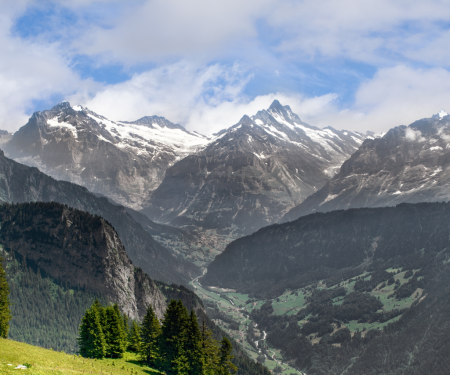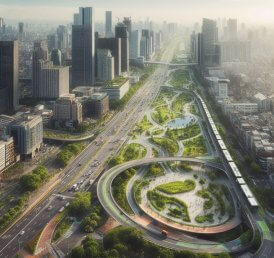Beauty of the Darkness in Pakistan (Astro-Tourism/Eco-Tourism)

By Rayan Khan
According to the World Travel and Tourism Council, the direct contribution of tourism and tourism to Pakistan’s GDP in 2016 was US $ 7.6 billion (PKR 793.0 billion), making up 2.7% of total GDP. By 2025, the government predicts that tourism will contribute 1 trillion (US $ 6.2 billion) to Pakistan’s economy.
Ecotourism is a form of tourism that involves visiting places that are clean, fragile and undisturbed, intended to have a low impact, and that are often done on a smaller scale than conventional commercial tourism. Talking about tourism programs that promote environmental development are growing all over Pakistan but unfortunately due to a lack of low light awareness and no policy to protect Pakistan’s dark sky that harms the environment, unknowingly.
The natural sky is our common and universal heritage, but it will soon be known to new generations. Dark Sky Heritage consists of two regions: a “spinal” area that meets the lowest level of sky quality and natural darkness, and a “border” area that supports blue values in the spine and while experiencing similar benefits. Dark Sky Heritages is developed in partnership with landowners and/or government authority that recognize the importance of natural nightscapes through regulations, legal agreements, and long-term planning.
Pakistan is blessed with many dark skies throughout Pakistan, from lakes to mountains and from deserts to valleys Pakistan is lined with beautiful plains and dark skies, From Sindh to Balochistan and Khyber Pakhtunkhwa to Punjab.
Light pollution is different as an environmental problem because it can actually disappear if we simply turn off the lights, unlike other important issues such as global warming or microplastic pollution that can simply disappear or take appropriate action today. This is not to say that light pollution is easily solved, for half the years of public perception of public lighting and, of course, that we do not want to turn off the lights completely.
Light pollution, however, is not just about the legacy of the night sky and the inability to see the stars. We now know that it is a complex environmental issue affecting plants, animals, and us humans, disrupting our sleep cycles and contributing to critical health conditions.
Some of the Astro-tourist destinations and blue areas of Pakistan are Kalri Lake, Mud Volcano, Omara Beach, Pasni Beach, Ziarat, Princess of Hope, Lake Saif-ul-Muluk, Deosai National Park, Shandur Pass, Kirthar Mountain, Skardu , Hingol National Park, Thal Desert, Thar Desert, Hanna Lake, Rakaposhi, Kaghan Valley, K2 Basecamp, Shogran, Charakusa Valley, Cholistan, Gorakh Hill Station, Fairy Meadows, Shimshal Valley and Hoper Valley.



